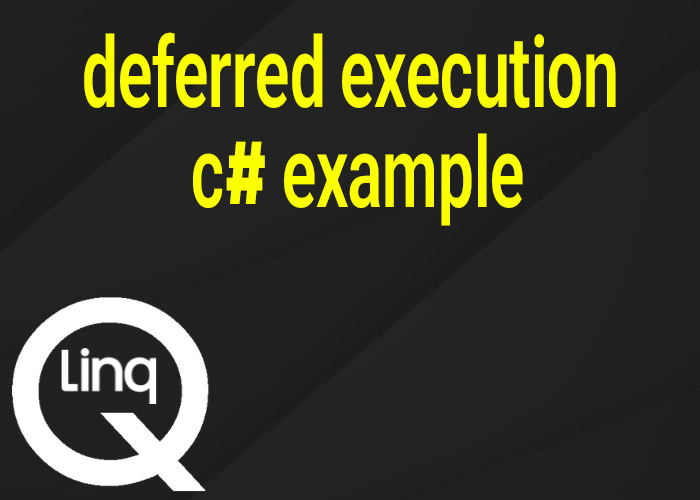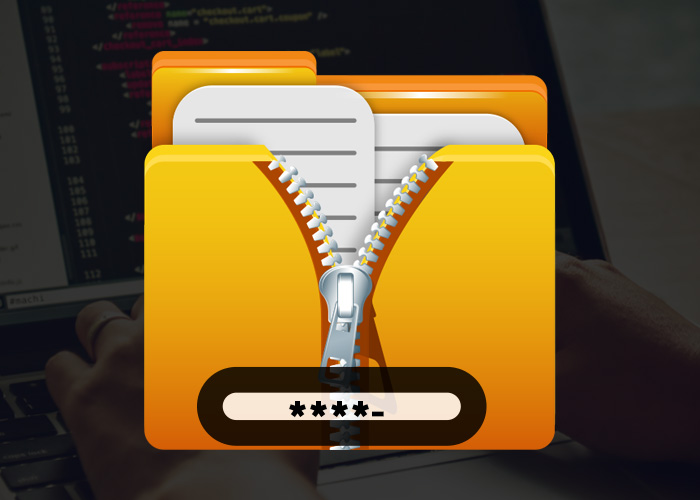Deferred Execution in C#: A Beginner's Guide
In the realm of programming, deferred execution, also known as lazy evaluation, refers to the practice of delaying the evaluation of an expression until it's actually required. This technique offers several advantages, including improved performance, reduced memory usage, and enhanced code readability.
C#, a versatile programming language, provides several mechanisms for implementing deferred execution. One of the most common approaches involves utilizing delegates and lambdas. Delegates, essentially function pointers, encapsulate references to methods, enabling them to be passed around like variables. Lambdas, on the other hand, are anonymous functions that can be embedded directly within code.
To illustrate the concept of deferred execution using delegates and lambdas, consider the following example:
// Define a delegate
public delegate int MathOperation(int x, int y);
// Declare a method using a lambda expression
MathOperation operation = (x, y) => x + y;
// Execute the operation later
int result = operation(5, 3);In this instance, the operation delegate holds a reference to the lambda expression, which performs the addition operation. The actual execution of the expression is deferred until the result variable is assigned, allowing for potential optimizations.
Another approach to deferred execution in C# involves the Task class from the System.Threading.Tasks namespace. This class facilitates asynchronous programming, enabling the execution of code without blocking the main thread.
Here's an example of deferred execution using Task:
// Create a task that returns the sum of two numbers
Task<int> sumTask = new Task<int>(() => 5 + 3);
// Start the task execution
sumTask.Start();
// Wait for the task to complete and retrieve the result
int result = sumTask.Result;In this scenario, the sumTask object represents a deferred execution unit. The actual addition operation is executed asynchronously within the task, allowing the main thread to continue processing while the task runs in the background.
Deferred execution techniques in C# offer numerous benefits, including:
Performance enhancement: By delaying unnecessary computations, deferred execution can significantly improve program performance, especially in situations involving repetitive calculations.
Memory conservation: Deferred execution can reduce memory usage by avoiding the premature allocation of resources for computations that might not be required.
Improved code readability: By separating the definition of an operation from its execution, deferred execution can enhance code readability and maintainability.
In conclusion, deferred execution is a valuable tool in the C# programmer's arsenal, enabling the creation of efficient, memory-conscious, and well-structured code. By understanding and utilizing deferred execution techniques, developers can craft applications that perform better, utilize resources more effectively, and are easier to comprehend and maintain.





